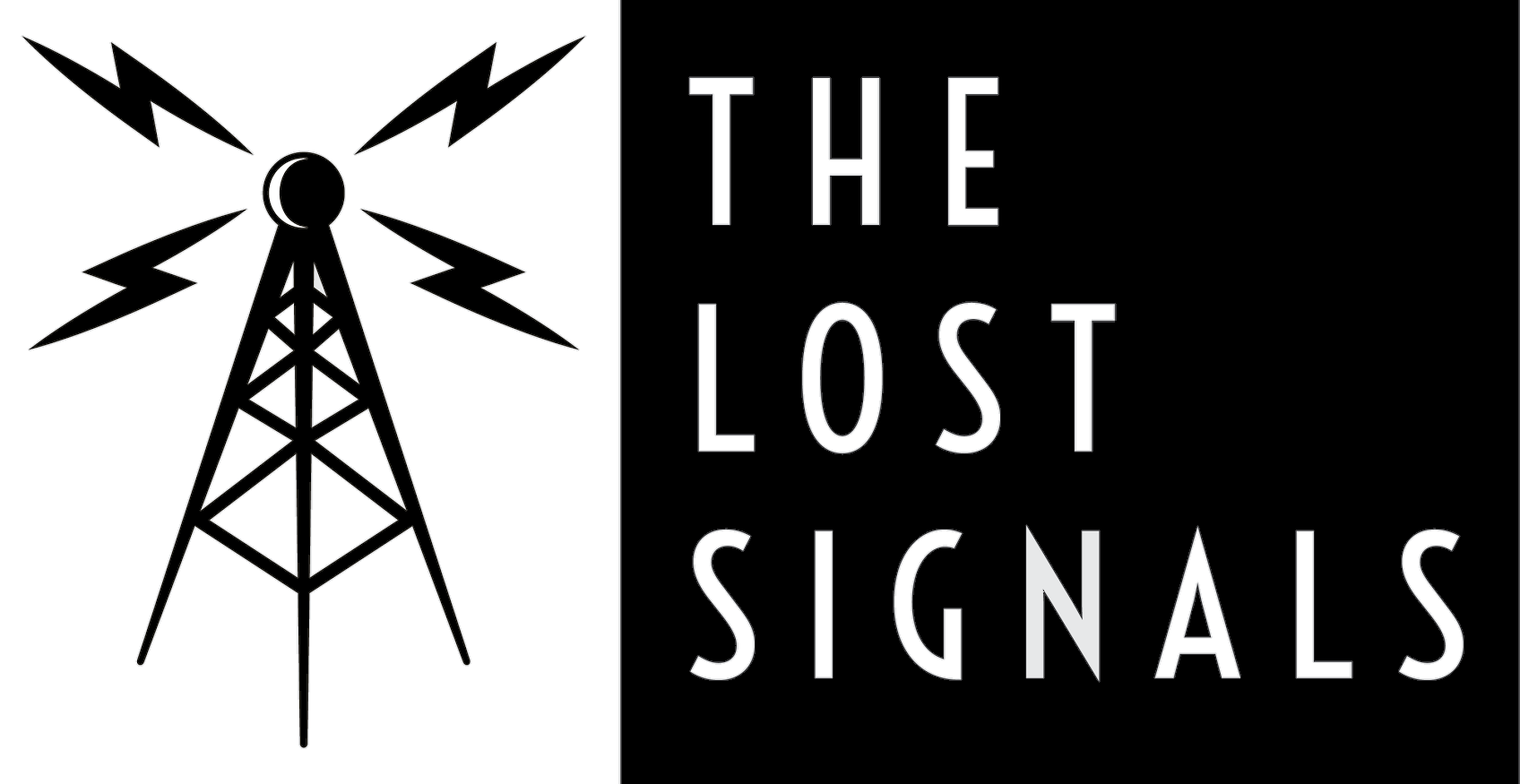“Dies Irae” (That Day of Wrath) is a Gregorian Chant which dates back to the 13th century. It is probably one of the oldest and most recognized pieces of early music, and its use throughout the ages has been predominantly for religious music, starting with Catholic and then other Judeo-Christian masses.
The melody of “Dies Irae” later appears–in various forms–in the works of secular pieces by composers from the Classical and Romantic eras up to and including modern day soundtracks.
One such example from the Romantic era–making its appearance starting about 3 minutes in–is the 5th movement, “The Dream of the Witches’ Sabbath,” of Hector Berlioz’s “Symphonie Fantastique.” This symphony is a musical narrative, or program piece, which tells a story of unrequited love. Towards the end of the piece, the protagonist poisons himself and dreams that he has killed his beloved. He is subsequently executed, goes to Hell, and is tortured.
Probably one of my favorite examples in modern film scores is John Williams’s use of it in “Star Wars” (1977). When Luke returns to his family’s farm to find the burning bodies of his aunt and uncle, the theme can be heard here [starting at 1:41] carried by the lower registered brass instruments.
Combining its past use in music and text and its application in modern cinema, I am going to discuss its use in the opening credit sequence to Stanley Kubrick’s “The Shining.” This is my interpretation and personal observations of the work in relation to the movie “The Shining.” I have not–beyond refreshing my music history of the piece itself and its text–researched the connection between this movie, the music, and its text.
The version performed by Wendy Carlos in the opening credit sequence to “The Shining” is very reminiscent in orchestration to that of “Symphonie Fantastique,” except it is performed with electronic instruments instead of traditional orchestral.
The camera follows Jack Torrance’s car as he makes the long trip up mountain roads to the Overlook Hotel, where he will be interviewed for the hotel’s winter caretaker position. The music foreshadows Jack’s descent as we watch his ascent. Whether or not the Overlook Hotel is ultimately Jack’s Hell or Purgatory is open for interpretation.
Along with the music, the text of “Dies Irae” also foreshadows what will happen to Jack, his wife (Wendy), his son (Danny), and the supernatural entity of the hotel itself.
The following translation comes from the “Treasury of Latini Prayers” and I have abridged this translation in order to highlight the relevant parts:
THAT day of wrath, that dreadful day,
shall heaven and earth in ashes lay…
What horror must invade the mind
when the approaching Judge shall find
and sift the deeds of all mankind…
Now death and nature with surprise
behold the trembling sinners rise
to meet the Judge’s searching eyes.
Then shall with universal dread
the Book of Consciences be read
to judge the lives of all the dead.
For now before the Judge severe
all hidden things must plain appear;
no crime can pass unpunished here.
While the text refers to the Judeo-Christian God, I am considering the hotel itself to be the judge in this case. The Judge/hotel invades Jack’s mind, twisting and corrupting it. Crimes against the hotel–like crimes against God–cannot pass unpunished. An instance of this is the scene in the bathroom when Grady tells Jack that he needs to “correct” Wendy after she tells Jack that she wants the family to leave the hotel. To punish Wendy, Jack must kill her as Grady did his own family after his daughters tried to burn the hotel down.
The “Book of Consciences” is applicable as Jack is also a writer hoping that a winter of near solitude will allow him to finish writing his novel. When the book finally “be read” by his wife, Wendy, it is revealed that Jack has simply typed “All Work and No Play Makes Jack a Dull Boy” over and over again. It is after this point that Wendy starts seeing all the phantoms in the hotel, that “all the hidden things must plain appear.”
The intentions of Stanley Kubrick or Wendy Carlos with regard to the use of “Dies Irae” in the film may differ from my interpretation, but “The Shining” has been the subject of many observations and theories; I have just added my voice to the chorus.
Addressing one conspiracy theory, I want it to be known and clearly understood, that I do know the United States did go to the moon and do not subscribe to the theory surrounding Danny’s rocket sweater.
For more on The Lost Signals’ analysis of “The Shining” you can listen to our podcast from October 2015.
–Chris Morgan

Recent Comments